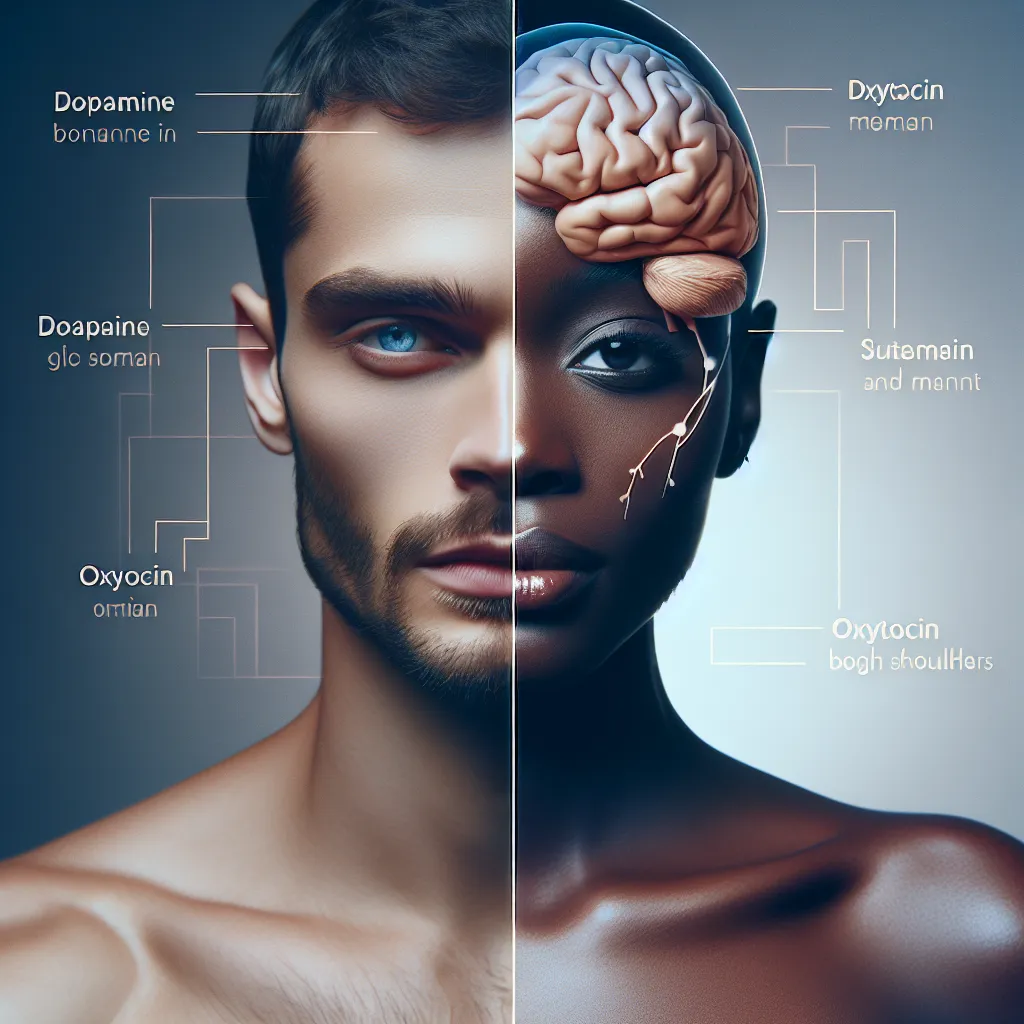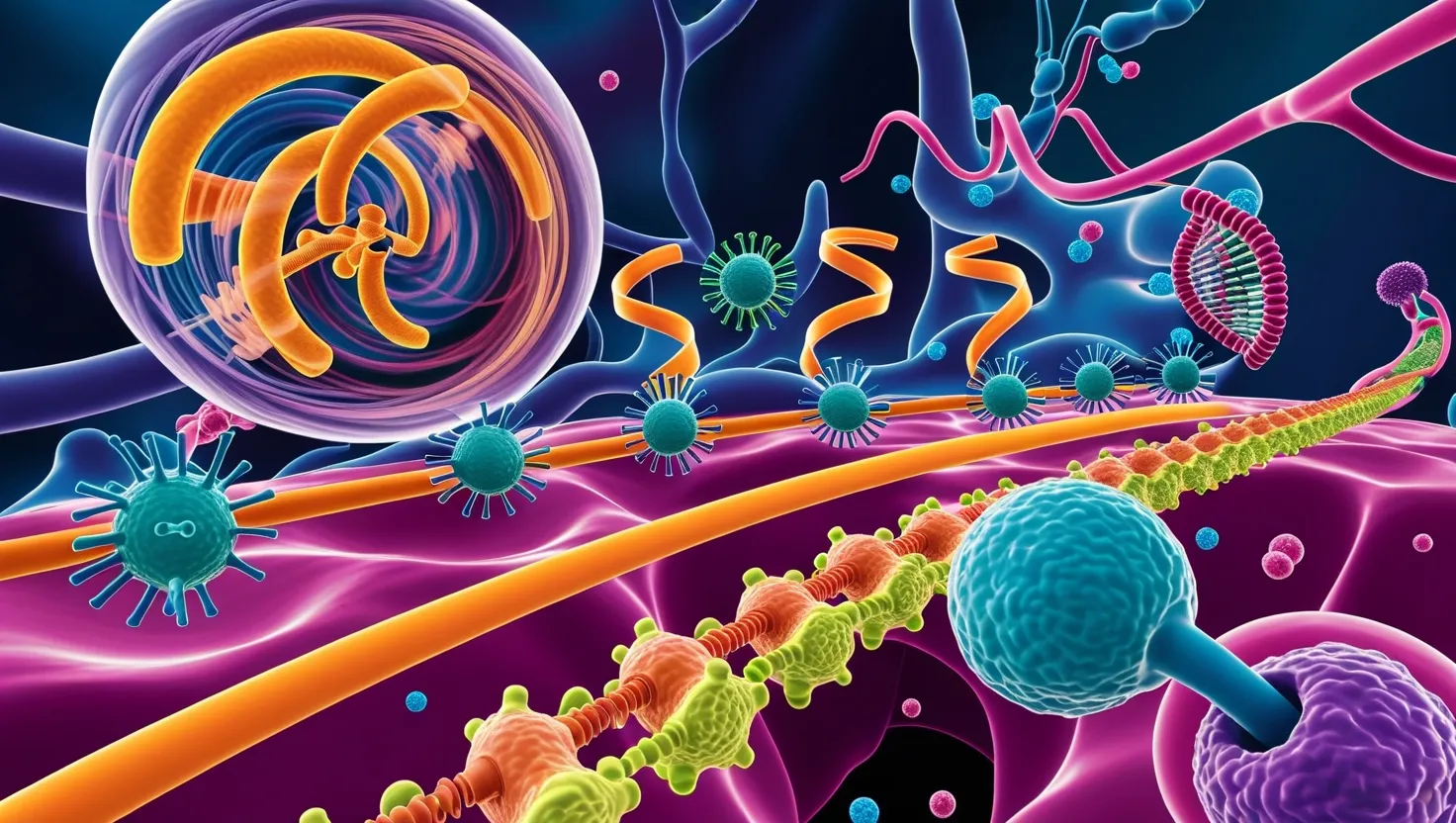We are a nation that loves pills and quick fixes. Our health service spends billions on drugs we might not even need. But over the last decade, there’s been a wave of research pushing a different approach: using food as medicine. These global studies are now being shared with the public through an innovative place called The Food Hospital—dedicated to battling illnesses through what we eat.
Pioneering this unusual yet promising method are three medical professionals with 40 years of NHS experience. They staunchly believe that the right food can be more powerful than any pill. They aim to change our pill-popping culture, making us realize that altering our diet can improve our health significantly more than a quick medicinal fix.
The Food Hospital tackles a variety of conditions—from high cholesterol, cancer, and infertility to eczema—over three months, without writing a single prescription. It’s fascinating to think that this approach could save the NHS billions, cutting down the nearly £2,000 spent annually on every individual in this country.
Among the first to benefit are a mother and her six-year-old son, Karen and Callum, both suffering from psoriasis. This stubborn inflammatory skin disorder afflicts a million people in the UK. The Food Hospital team wants to see if diet, particularly an anti-inflammatory one, can succeed where conventional treatments have failed. Incorporating foods rich in omega-3, herbs, and spices believed to reduce inflammation might help with other conditions like asthma and hay fever too.
Then there’s Sophie, a singer whose career is jeopardized by severe acid reflux. She’s given an antioxidant-rich diet aimed to counteract the damage caused by the acid. Foods packed with vitamins C, E, and beta-carotene could help restore her throat and vocal cords. Her journey mirrors that of Ibsen characters fighting internal battles, except her story unfolds in a hospital kitchen, not a smoky drawing room.
Next is Ian, suffering from fatty liver disease—a silent killer linked to our carb-heavy diets. Ian’s turned his life around by adopting a low-GI (glycemic index) plan that helps his liver function better and gives him more energy. In just 12 weeks, he’s on his way to reversing a condition that once threatened his life.
Teenager Rihanna faces stress-induced alopecia and IBS (irritable bowel syndrome). By focusing on her gut health with a probiotic diet, the Food Hospital team hopes that minimizing her IBS symptoms will subsequently reduce stress and slow her hair loss. The experimental approach shows promise as Rihanna notices less irritation and even some hair regrowth.
Finally, the Food Hospital isn’t just about treating patients—it’s about debunking myths. Dr. Pixie McKenna delves into the real science behind food supplements, revealing a startling truth: while everyone buys vitamins thinking they’ll fend off illness, it’s actually those with unhealthy diets who need them the most. Often, the people taking supplements are those who eat well already.
The tales coming out of the Food Hospital show us that food really can serve as medicine. By changing what we eat, we can improve our health in ways that pills never could. So, maybe next time we feel a twinge or a tickle, we should reach for a fork rather than a pill bottle.






